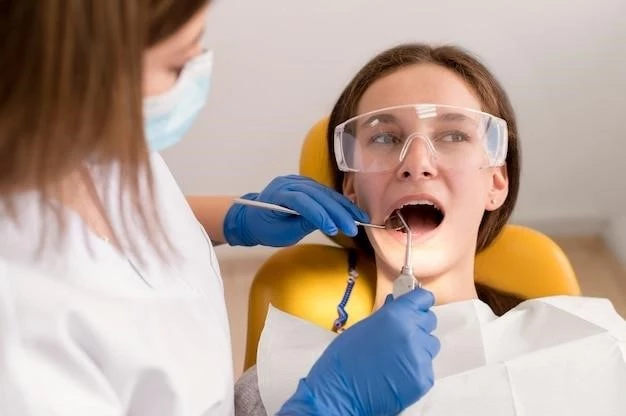Overview of Charcot-Marie-Tooth Disease
Explore the complex nature of Charcot-Marie-Tooth Disease through its overview, genetics, symptoms, treatments, and latest research.
Understanding Charcot-Marie-Tooth Disease
Charcot-Marie-Tooth Disease (CMT) is a group of inherited neurological disorders affecting the peripheral nerves. It leads to muscle weakness, foot deformities, and loss of sensation in the extremities. Understanding the genetic mutations that cause CMT, such as those affecting nerve proteins, can help individuals comprehend the underlying mechanisms of the disease. By grasping the genetic complexity of CMT, patients and caregivers can better navigate the diagnosis, treatment options, and ongoing research efforts surrounding this condition.

Genetics of Charcot-Marie-Tooth Disease
Understand the genetic basis of Charcot-Marie-Tooth Disease to comprehend how inherited mutations impact nerve function and lead to the condition.
Inheritance Patterns of Charcot-Marie-Tooth Disease
Charcot-Marie-Tooth Disease is often inherited in an autosomal dominant, autosomal recessive, or X-linked pattern, depending on the specific genetic mutation involved. Understanding the inheritance patterns can aid in genetic counseling, family planning, and predicting the risk of passing the condition to future generations. Consult with a genetic counselor to learn more about the hereditary nature of Charcot-Marie-Tooth Disease in your family.
Symptoms and Diagnosis of Charcot-Marie-Tooth Disease
Recognize the signs of Charcot-Marie-Tooth Disease early to facilitate prompt diagnosis and management of this genetic neurological disorder.
Recognizing Symptoms of Charcot-Marie-Tooth Disease
Early symptoms of Charcot-Marie-Tooth Disease include muscle weakness, foot deformities, difficulty walking, and loss of sensation in the extremities. As the condition progresses, individuals may experience muscle atrophy, foot drop, and decreased reflexes. Recognizing these signs is crucial for timely diagnosis and intervention. If you notice any of these symptoms, consult a healthcare professional for further evaluation and management strategies tailored to your specific needs.
Treatment Options for Charcot-Marie-Tooth Disease
Explore various treatment strategies to manage symptoms and improve quality of life for individuals with Charcot-Marie-Tooth Disease.
Managing Charcot-Marie-Tooth Disease
Effective management of Charcot-Marie-Tooth Disease involves a multidisciplinary approach encompassing physical therapy, assistive devices, orthopedic interventions, and genetic counseling. Regular monitoring of symptoms, adapting lifestyle habits, and staying informed about research advancements are key aspects of managing this progressive condition. Consult with healthcare professionals specialized in neuromuscular disorders to create a personalized management plan tailored to your unique needs and goals.
Research Advances in Charcot-Marie-Tooth Disease
Stay informed about the latest breakthroughs and ongoing research efforts aimed at understanding and finding new treatments for Charcot-Marie-Tooth Disease.
Current Research Landscape of Charcot-Marie-Tooth Disease
Researchers are exploring gene therapy, drug trials, and molecular pathways to address the underlying causes of Charcot-Marie-Tooth Disease. Stay engaged with patient advocacy groups, clinical trials, and scientific publications to stay informed on the latest developments. By being part of the research community, you can contribute to advancements in understanding and treating this complex neurological disorder.
